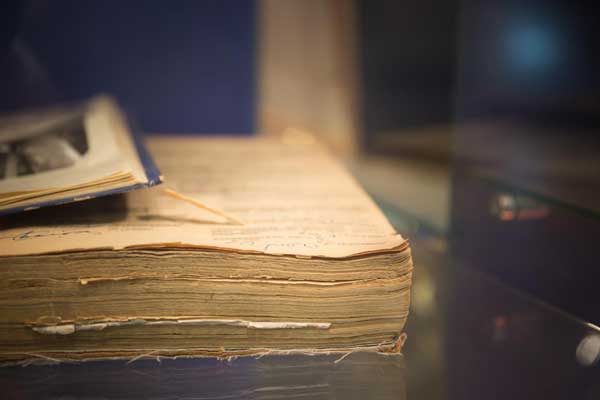Music is a fundamental part of the human experience. But how has music evolved over the course of history? What role has it played in the development of human civilization? In this article, we will explore the origins of music, how it has changed across different epochs of human history, and what the future may hold for this universal artform.

The Earliest Traces of Music
Music predates recorded history. The earliest physical evidence of musical instruments dates back over 40,000 years to bird-bone flutes discovered in caves in southern Germany. But music itself almost certainly extends back even further, emerging from the innate musicality of early humans. As professor Michael Spitzer explains, “the very oldest instrument we have is the human voice.” Our ancient ancestors likely used their voices as their primary musical instrument, developing rhythmic chants and melodies to communicate and express themselves.
In the hunter-gatherer societies of early humans, music had to be portable. Nomadic tribes journeying across landscapes could only carry light instruments like basic flutes and small percussion. Their music reflected their transient lifestyle, sounding different each time it was performed.
The Rise of Settled Communities
The development of farming brought about more settled lifestyles. With this shift, music took on a more ritualistic, cyclical nature, reflecting the circular rhythms of agrarian life. Sturdier instruments like bells and gongs emerged, and songs were repeated precisely in important ceremonies tied to the seasons.
As settlements grew into towns and social hierarchies formed, music began to serve the ruling institutions of religion and aristocracy. Musicians professionalized to entertain wealthy patrons and glorify monarchs. The seeds of the modern concert were planted, with leisurely audiences listening to musicians perform. But for most people, music remained functional and participatory.
Notation and the Global Spread of Music
A major turning point arrived with Guido’s invention of staff notation in Italy in 1020 CE. This system enabled religious authorities to standardize and control sacred music across far-flung regions. When Spanish conquistadors invaded the Americas centuries later, they brought this musical system with them. Indigenous musicians in Mexico were singing European polyphony within a decade of colonization. Notation became a vehicle for the global spread of Western music.
Musical notation brought profound changes. Freezing music into symbols on a page made it precise but mechanical. The fluidity of shifting pitches gave way to rigid precision. Music became an object rather than an activity. A divide grew between composers who created music and performers who reproduced it.
But recent advances in recording and technology have helped restore music’s participatory essence. Digital tools empower anyone to make music and share it globally. The internet has accelerated a democratization of music-making.
The Ever-Expanding Future of Music
Just as today’s avant-garde compositions would have been unfathomable centuries ago, we cannot envision the creative frontiers ahead. Technology will continue to extend the possibilities of music far beyond what any one era imagines. At its core, music is an expression of our shared humanity. It connects us across all boundaries of time and place. As Spitzer says, “Music is absolutely universal.” No matter how much it evolves, music will always be an integral part of the human story.
